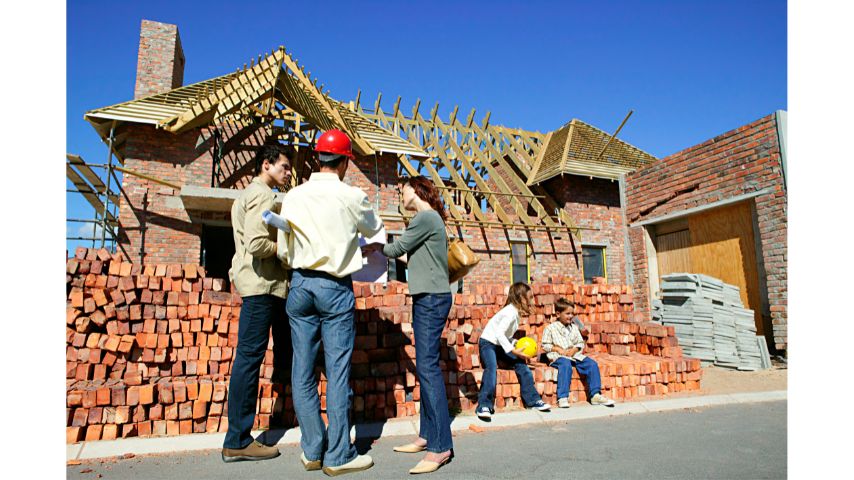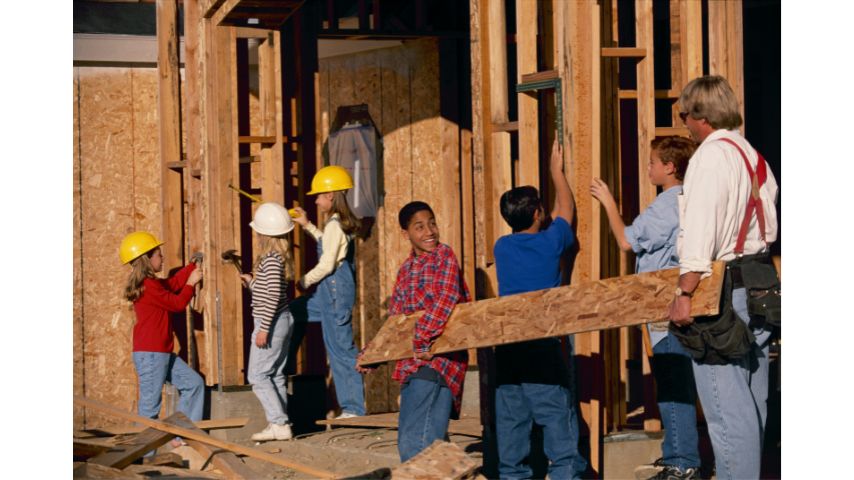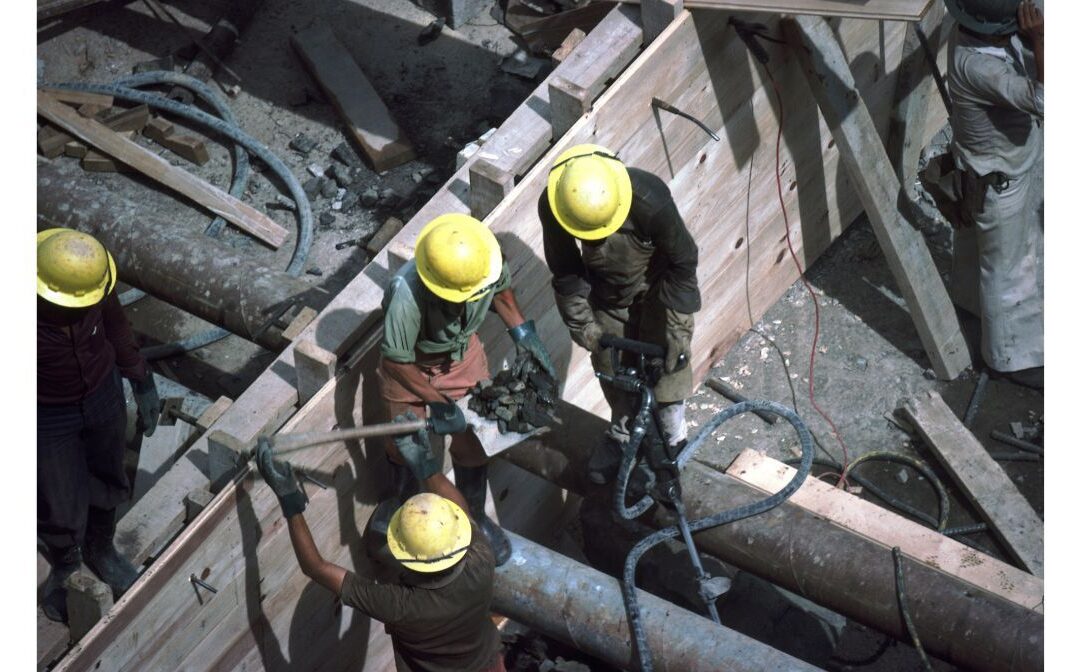A common setting for injuries in Montana is on construction sites. Construction is one of the bigger current industries in Montana, thus lots of people are working in and around construction sites. This article discusses issues pertaining to legal claims for a construction injury.
One thing worth saying at the outset is that construction work is dangerous, and construction workers know this. Plenty of injuries happen on a construction site that aren’t anyone’s fault. Not every construction injury results in a legal claim (* see workers’ compensation section below). In order to have a claim, the injury must be the result of someone’s (or some entity’s) negligence.
Common Threads for Montana Construction Injury
Legal claims for a construction injury are typically similar to any negligence-based claim. Yet there are some common threads for many construction cases.
For one, construction injuries are often serious. Some of the more catastrophic injuries we have seen at Duckworth law are those occurring in the construction setting. This is likely due to the fact that construction often involves dangerous machinery, and puts workers in compromising positions.

Some examples of serious injuries we have see from construction sites are:
- Brain injuries;
- Paralysis – Paralyze
- Amputations
- Paraplegia
- Quadraplegia
- Broken bones
- Back injuries
These are just some examples, and there are many others including shoulder injuries, knee injuries, ankle injuries, etc.
Another problem unique to construction injury cases is that lost wages often play a central role. In order to prove lost wages, the law requires proof that the person was unable to work due to injury. It requires not just an analysis of the injury itself, but also an analysis of the physical requirements of the job. Jobs that are sedentary or require little physical demands can perhaps still be performed by someone with an injury, whereas jobs that require heavy physical demands might be impossible with even minor injuries.
Construction workers typically must be very able-bodied, and able to do heavy duty work. Most construction workers need full use of their arms, legs, backs, and heads. Thus, when any major body part is the least bit injured or compromised, there might be legitimate concern that you will lose your job, temporarily or permanently. Because of the heavy physical demands, construction workers are more likely to lose wages. If you lose your ability to work, it’s our job to help you recover financially for your past and future lost wages.
Contractors, Sub-Contractors, and Independent Contractors
Many construction projects involve a general contractor, subcontractors, and/or independent contractors. The viability of any legal claim depends upon the contracts and interaction between the various contractor entities.
For instance, if you are injured at a jobsite, you may have a workers’ compensation claim with your employer. Yet, in Montana workers’ compensation is the “exclusive remedy” regarding your employer, meaning you cannot sue your employer for negligence. There are also other rules in the workers’ compensation Act involving coverage for employees of subcontractors/independent contractors that can muddy up the workers’ compensation coverage picture. It’s critical to understand the contractor(s) relationships in order to make sure you are aware of all possible legal claims for your construction injury.

In some cases, an employee for an independent contractor can sue the general contractor or owner for their injuries. The Montana Court has held that the general contractor has a duty in the following circumstances: 1) where there is a nondelegable duty based on contract; 2) where the activity is inherently or intrinsically dangerous; and 3) where the general contractor negligently exercises a reserved right of control over a subcontractor’s work. Paull v. Park County, 2009 MT 321, para. 19.
Cases involving a serious construction injury, and various contractor and subcontractor relationships, are complicated. There are many factors that affect a case, and you are strongly advised to contact a lawyer like Duckworth Law to review your situation.
Workers’ Compensation Claim for a Construction Injury
In Montana, workers’ compensation is a “no-fault” system. “No-fault” means that an injury at work is covered, regardless of whether anyone, including the employee themself, is at fault. There are some exceptions such as when the worker is intoxicated, or an independent contractor who elects to be uncovered, but in many situations an injured worker is covered under workers’ compensation.
Because workers’ compensation is “no-fault,” benefits are limited. An injured worker is entitled to some medical benefits and wage loss benefits, but the benefits are capped and otherwise limited in a myriad of ways. Thus, in a worker’s compensation claim, an injured worker is never fully compensated for all losses available in other legal claims. For example, workers’ compensation does not pay dollar-for-dollar wage loss. For more information on construction injury workers’ compensation wage loss benefits, read here. Settlements for workers’ compensation claims are discussed here.
Product’s Liability
It is worth noting that some construction injury cases involve product’s liability cases as well, because construction work often involves use of dangerous tools and equipment. Product liability cases are often very complicated, and require an expert understanding of Montana law. Unfortunately, the Montana Legislature recently passed laws protecting almost universally non-Montana companies from liability. You may still have a claim, but Montana politicians have made it harder.
Conclusion
Construction cases are difficult for a host of reasons: seriousness of injury; complex contractor arrangements; expert witness; work comp. This article should not be taken as legal advice, as every case is different. The point of this article is to point out the difficulties of construction case, in hopes that the reader realizes how important it is to contact a lawyer as soon as possible to get advice regarding your specific claim. Call us now.

